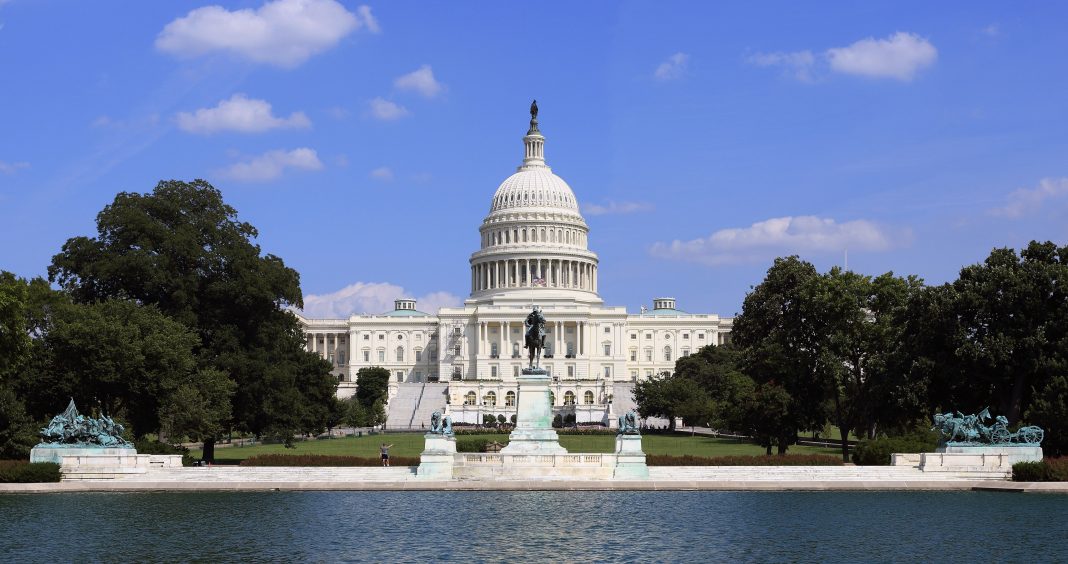Following the one trillion dollar bipartisan infrastructure bill passed in 2022, many University of Miami students wondered whether the funds would benefit their lives in the near future. Now, students will be able to witness their government at work on campus.
The Aquaculture Program at the Rosenstiel School of Marine, Atmospheric, and Earth Science (RSMAES) just received $750,000 worth of federal funding. The Aquaculture Program is a marine fish hatchery that works to provide sustainable and eco-friendly seafood and promote food security. The program has approximately ten species of marine fish at any given time, including flounder, snapper and mahi mahi.
UM professor and aquaculture director Dr. Daniel Benetti says the goal of this funding is to allow the fish in the program to reach commercial size and enter the seafood market. The money will specifically be used to design and build a recirculating aquaculture system.
“The juveniles that we produce here would have a full cycle to bring them to a commercial size that could be consumed by the consumer,” Benetti said.
Aquaculture’s main purpose is to increase food production, lower pollution and boost coastal and rural economies.
Benetti says that since most of the fish supply in America comes from international sources, this program is important for increasing sustainable seafood production domestically.
“This will help expand the opportunities for sustainable seafood production in the southeastern United States,” Benetti said.
Roni Avissar, Dean of the Rosenstiel School, also says that one of the many benefits of aquaculture is its economic and environmentally friendly advantages.
UM originally requested $900,000 in federal funding in March, 2022 from South Florida delegation members and ultimately received $750,000. UM’s director of government relations Shreya Kuntawala helped spearhead the process.
These requests serve as an opportunity to fund high impact projects. To be considered, projects must show community support. Each congress member then selects 15 of these projects to advocate funding for.
Florida District 27 Representative Maria Elvira Salazar, whose district encompasses all of UM, advocated for the school’s Aquaculture Program as well as flood mitigation and road improvement projects. She chose the program as one of the 15 projects in the district to be funded by the federal government.
Avissar says the Aquaculture Program hopes to achieve their goal of commercial application within a year. He says he is hopeful that the funding could be increased eventually, but for now it is an accomplishment as it will demonstrate the power of the lab and eventually becoming commercial.
“I’m very happy that this is a first step that is hopefully going to lead the way for many others,” Avissar said.






